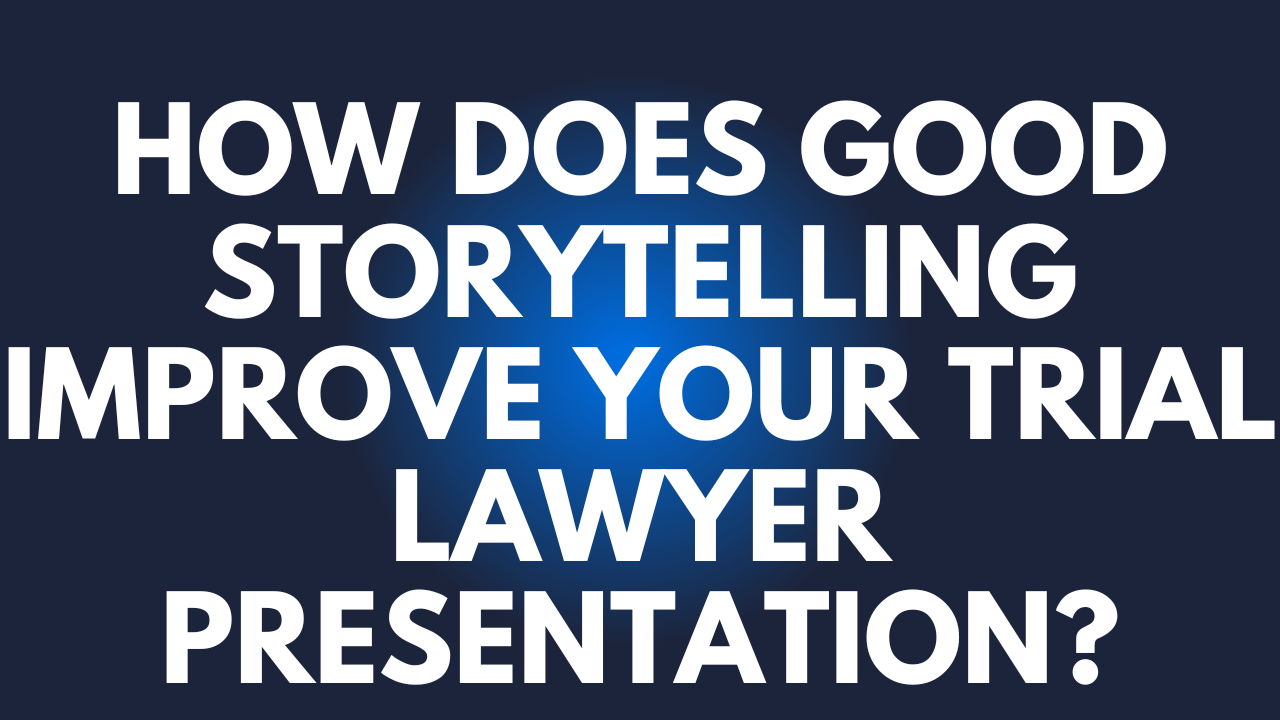Starting:
This paper explores the complex field of how skillful management of conflicts resulting from violations of antitrust laws and competition rules is handled by business attorneys. These attorneys negotiate a difficult terrain where regulatory systems cross with fair market policies. Potential conflicts with antitrust rules surface when businesses try to carve out a competitive advantage.
Business attorneys are very important.
Resolving such disagreements mostly depends on business attorneys, who use their knowledge to examine complex market dynamics, negotiate settlements, and, if needed, argue before courts. This research clarifies the many approaches and factors behind the efforts of corporate attorneys in tackling infractions of competition and antitrust laws, thereby preserving fair trade and market integrity.
- Legal evaluation of possible implications and antitrust breaches.
- Bargaining for other dispute resolution techniques and settlements.
- Litigation approaches for legal advocacy and courtroom representation.
- Guaranturing adherence to intricate rules on competition and legislation.
- advising on aggressive steps to avoid conflicts on antitrust
- working for thorough case study with economists and professionals.
Legal Evaluation of Antitrust Infractions and Possible Reversals
Lawyers working in business assigned to
Managing conflicts resulting from breaches of antitrust and competition laws starts their process with an extensive legal analysis. This entails a thorough investigation of the facts behind the claimed transgressions including analysis of pertinent contracts, documentation, and market practices. Through careful investigation, attorneys may find possible antitrust violations like monopolistic activity, price-fixing, or market allocation that could have taken place inside the competitive scene.
Beyond identification, attorneys explore.
into considering the possible fallout from the infractions. This stage calls for a sophisticated knowledge of antitrust laws and regulations particular to the jurisdiction in issue. Lawyers evaluate the possible fines, penalties, and legal obligations the business could incur from its activities. Such a comprehensive assessment lays the groundwork for strategic decision-making going ahead, directing whether lawsuit, alternative conflict resolution, or negotiation would be the most suitable path of action.
Negotiate for alternative dispute resolution techniques and settlements.
Negotiating for settlements and using alternative dispute resolution (ADR) techniques are two key paths for addressing antitrust conflicts. Using their negotiating techniques, business attorneys interact with other people in search of mutually acceptable solutions that reduce legal and financial risks. Often including complex conversations about possible remedies—such as changing corporate policies, paying impacted parties, or running compliance programs to avoid future violations—settlement talks may be These discussions seek to balance restoring the damage done with maintaining the company’s image and market position.
Along with discussions, ADR techniques include mediation and arbitration provide quick routes to closure.
A neutral third party’s mediation helps parties to have honest conversations in order to find agreement. Conversely, arbitration simplifies the settlement of conflicts by means of a binding ruling rendered by an arbitrator or panel. Based on the particular dynamics of every case, business attorneys deliberately choose the most appropriate ADR approach considering elements such the willingness of parties to participate, the complexity of the problems, and the desired speed of settlement.
Litiguation
Courtroom Representation and Legal Advocacy: Strategies Business attorneys turn their attention to litigation methods for courtroom representation and legal advocacy when negotiations and ADR fall short in producing acceptable results.
This stage requires developing a strong legal case supported by extensive investigation, data, and a sophisticated knowledge of antitrust law.
Before a court, lawyers present their case arguing for their client’s viewpoint and answering any counterarguments offered by the other side.
Strategic litigation is deliberate study of case law, procedural strategies, and the changing scene of antitrust laws. Lawyers may work with financial analysts to provide quantitative research supporting their legal claims, therefore helping to prove damage, evaluate market effect, or show absence of such influence. This complex interaction of legal and financial knowledge enriches the whole case and increases the persuasiveness of the arguments put forward in court.
Ensuring
One proactive aspect of handling antitrust conflicts is guaranteeing continuous compliance with complex competition rules and legislation. Advising businesses on how to set their operations, agreements, and transactions to minimize any antitrust risks depends mostly on business attorneys. This consulting role also includes helping businesses create internal policies and compliance initiatives meant to promote a culture of respect of competition rules.
By means of frequent inspections and audits, attorneys assist businesses in spotting and fixing policies that can unintentionally result in antitrust breaches. This preventive strategy protects the company’s image and financial situation by lowering the possibility of conflicts starting from the first place.
Legal experts help to create a business climate that maintains the ideas of antitrust legislation and encourages fair competition by providing direction on best practices.
Counseling on Preventive Strategies for Antitrust Conflict Management:
Business attorneys counsel their clients on proactive steps meant to avoid antitrust conflicts in line with attempts at compliance.
This calls for strategic planning, training, and education all taken together. Lawyers help businesses negotiate competitive environments without violating antitrust laws by guiding on identifying possible antitrust hazards in daily operations and arming them with the information.
Developing strong contract terms, competition compliance clauses, and risk-reducing tactics falls under strategic planning.
These steps guarantee that businesses are ready to make wise choices in line with antitrust laws, therefore reducing the possibility of later legal problems. Business attorneys help their clients’ businesses to be stable and long-term successful by acting early on.
Working along
Navigating difficult antitrust conflicts often calls for cooperation between business attorneys and academics, especially economists who specialize in market dynamics and competitive consequences. Through the integration of qualitative legal analysis with quantitative insights, these partnerships strengthen a case.
Economists help to estimate possible anticompetitive damage, calculate damages, and analyze the larger influence of claimed infractions on the market.
Working with economists, business attorneys create a whole story combining legal ideas with factual data.
This all-encompassing strategy sharpens the persuasiveness of claims made in litigation, ADR, or negotiations. Lawyers may more clearly explain the nuances of antitrust infractions and their repercussions by combining legal knowledge with economic insights, therefore helping to ensure good settlements for their clients.
In summary:
With this thorough investigation, perhaps, the complex role business attorneys play in handling conflicts resulting from breaches of antitrust laws and competition rules will be clear-cut.
Their knowledge covers careful legal evaluations and strategic negotiations to courtroom representation and joint economic analysis. These lawyers protect fair competition in an often changing terrain of complicated rules so that businesses follow antitrust laws and negotiate competitive marketplaces.
Business attorneys not only help to settle conflicts but also support the general integrity of market dynamics via counsel on compliance, provision of preventative measures, and advocacy of client interests.
Their multifarious approach finally aims to find a careful balance in this dynamic field between restoring infractions and maintaining the vitality of free and open markets, thereby guaranteeing the interests of companies and the values of fair competition.











